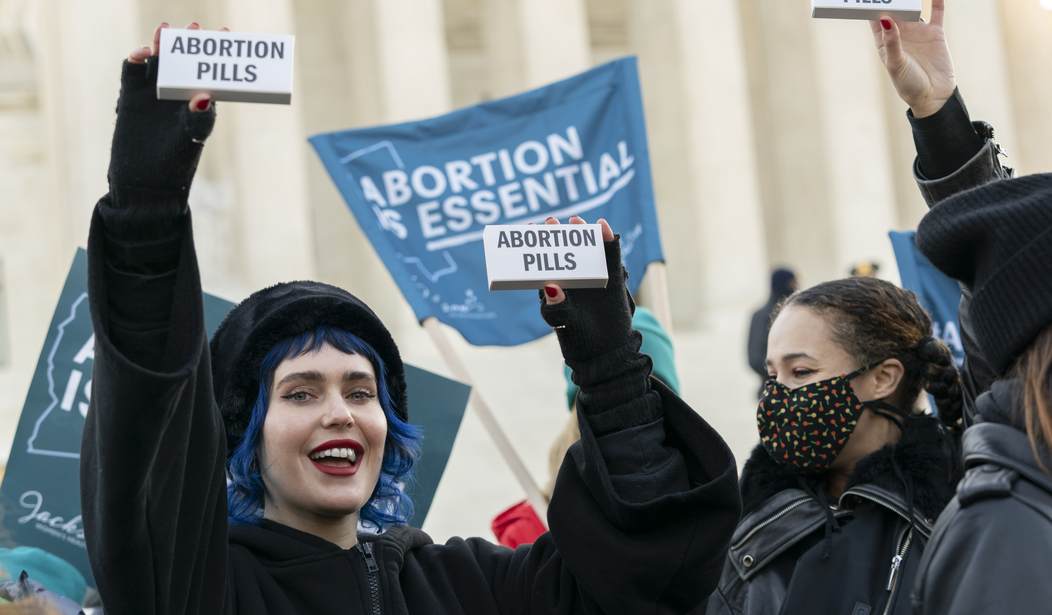Pro-abortion organizations, such as NARAL Pro-Choice America and Plan C, claim that tech companies like Facebook are making it difficult for the public to access information about abortion.
This month, as Rebecca covered, the Food and Drug Administration (FDA) announced that abortion-inducing pills will now be available to women without an in-person visit with a doctor. The pills, mifepristone and misoprostol, terminate a pregnancy. The former blocks a pregnant woman’s body from producing progesterone, which stops the pregnancy from growing. The latter causes the woman’s body to empty her uterus.
Jennifer Holloway, who is the communications director at Ipas, which is an international, non-governmental organization that promotes access to abortions and contraception, told Washington D.C.-based outlet The Hill that “Americans are going to need accurate information on abortion, and how to access an in clinic procedure, or how to access abortion pills, how to use them, and what they need to know about doing that.”
But, she claims that platforms Facebook, Google, and Instagram have systems in place that “surface the opposition and misinformation” and suppress content promoting contraception and abortion.
“These platforms have algorithms that surface the opposition and misinformation and misleading content, and that seems to be advantaged by the algorithm over scientifically based or face based information that sexual reproductive health groups are sharing,” Hollway added.
Recommended
Executives from pro-abortion nonprofit Plan C, which helps women access abortion pills, told The Hill that Facebook and Instagram “routinely” remove their posts and reject their advertisements.
Martha Dimitratou, Plan C’s social media manager, explained to The Hill that their posts are removed for “not following the community guidelines” under a policy that bans promoting “the sale of use of unsafe supplements, as determined by Facebook in its sole discretion.” One of their removed ads, reviewed by The Hill, showed an illustration of a woman on her phone with a text stating “Your nearest abortion provider…is in your pocket.”
Dina Montemarano, research director at NARAL, told The Hill that “people already have to jump through so many hoops to get abortion care,” and that “People are going to need to rely on the internet for accurate information. I think this is even more true when it comes to medication abortion care and folks learning more about that. So [tech companies] really need to clean up their act and start caring about their users like they say they do[.]”
In September, as I covered, pro-life nonprofit Live Action announced that Google censored ads from the organization promoting abortion pill-reversal (APR). APR is a treatment that reverses the initial dose of the abortion pill by using the pregnancy hormone progesterone.
“The APR treatment’s goal is to outcompete the progesterone-blocking effects of mifepristone, also known as the abortion pill. The treatment has reportedly saved the lives of over 2,500 children and has a 68% success rate,” according to a news release from Live Action.
In addition to the APR ads, Google also blocked several other pro-life ads from Live Action. The organization noted that Google was still running ads for “next day abortions” and “abortion via mail.”

























Join the conversation as a VIP Member